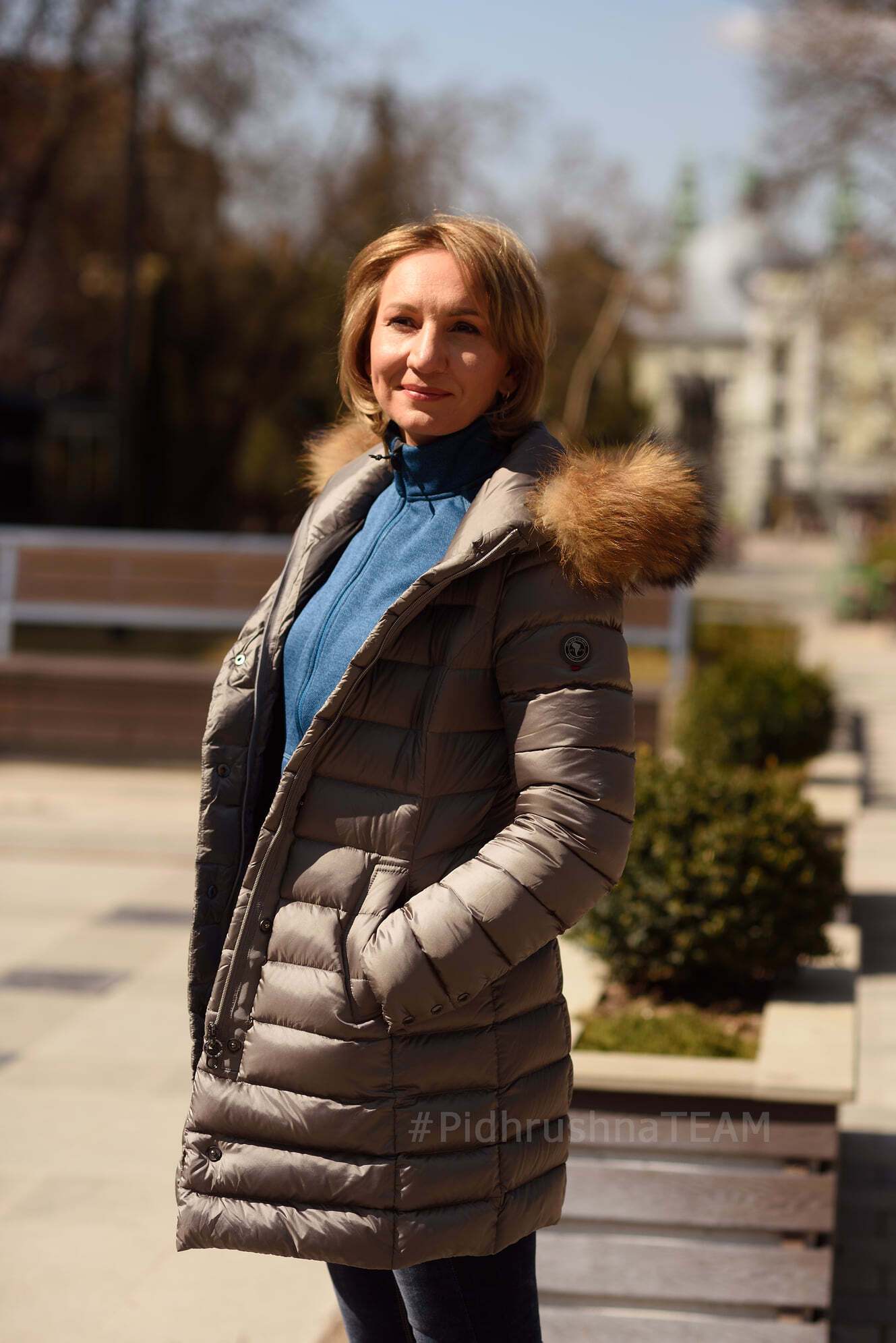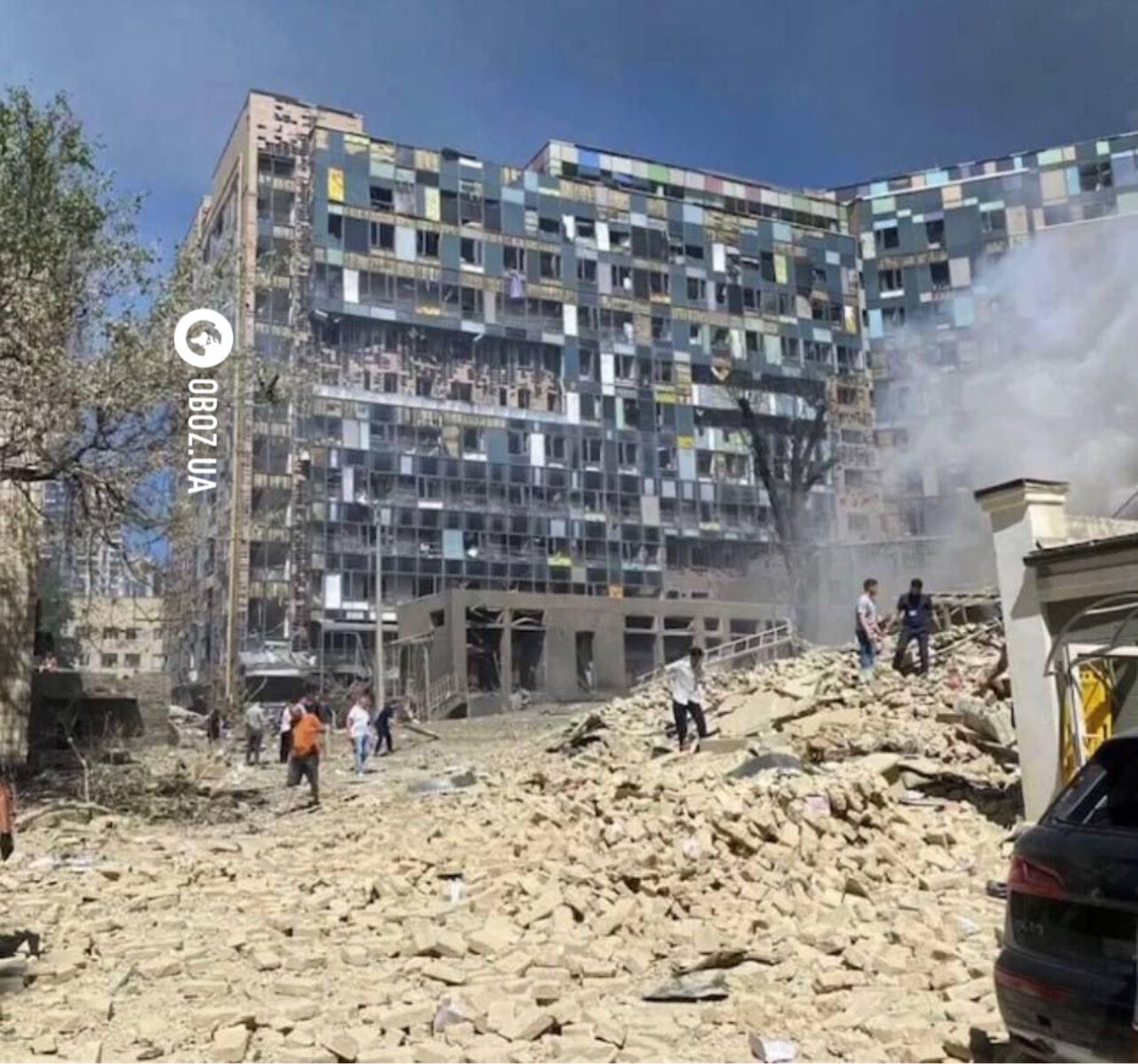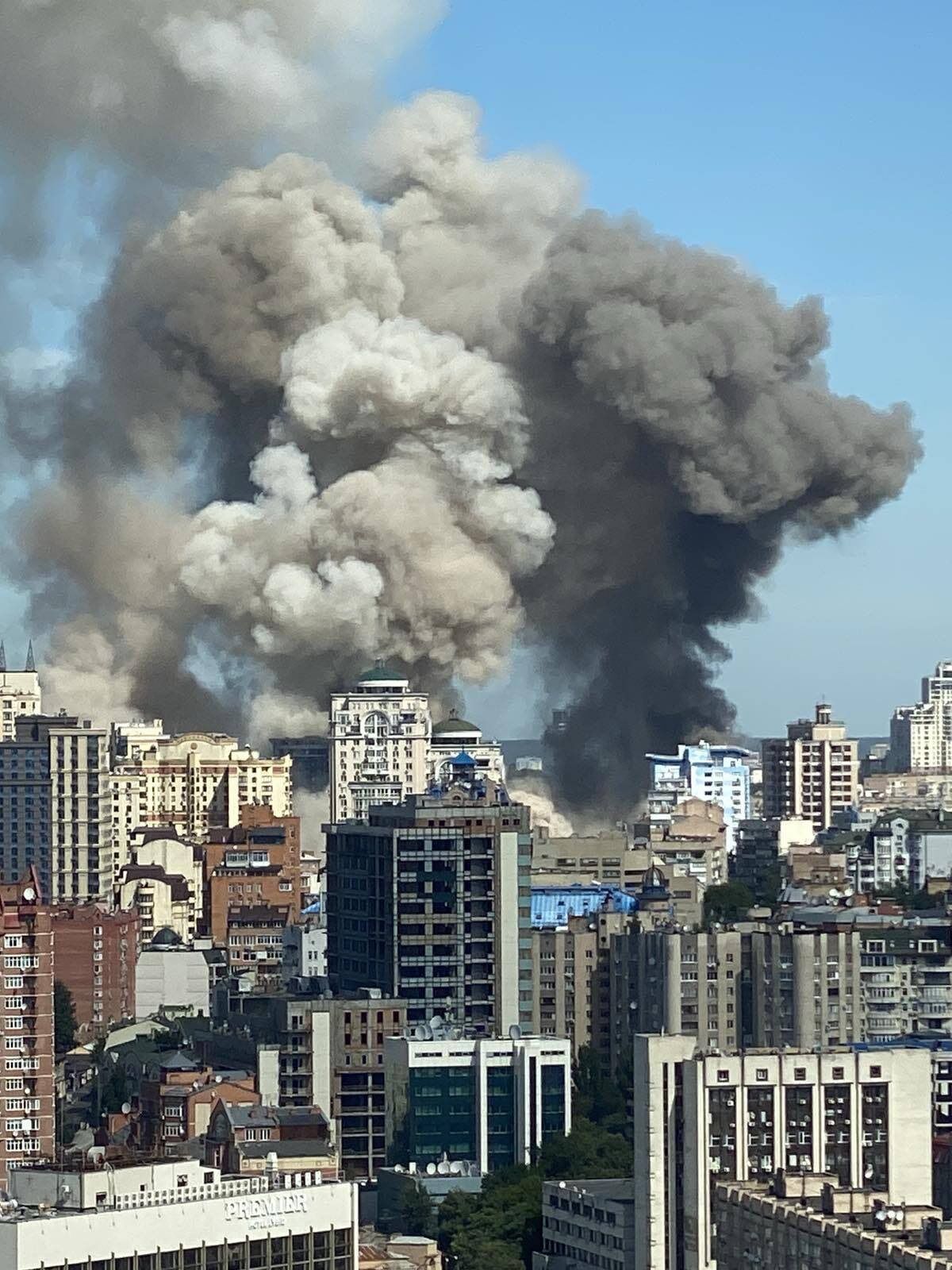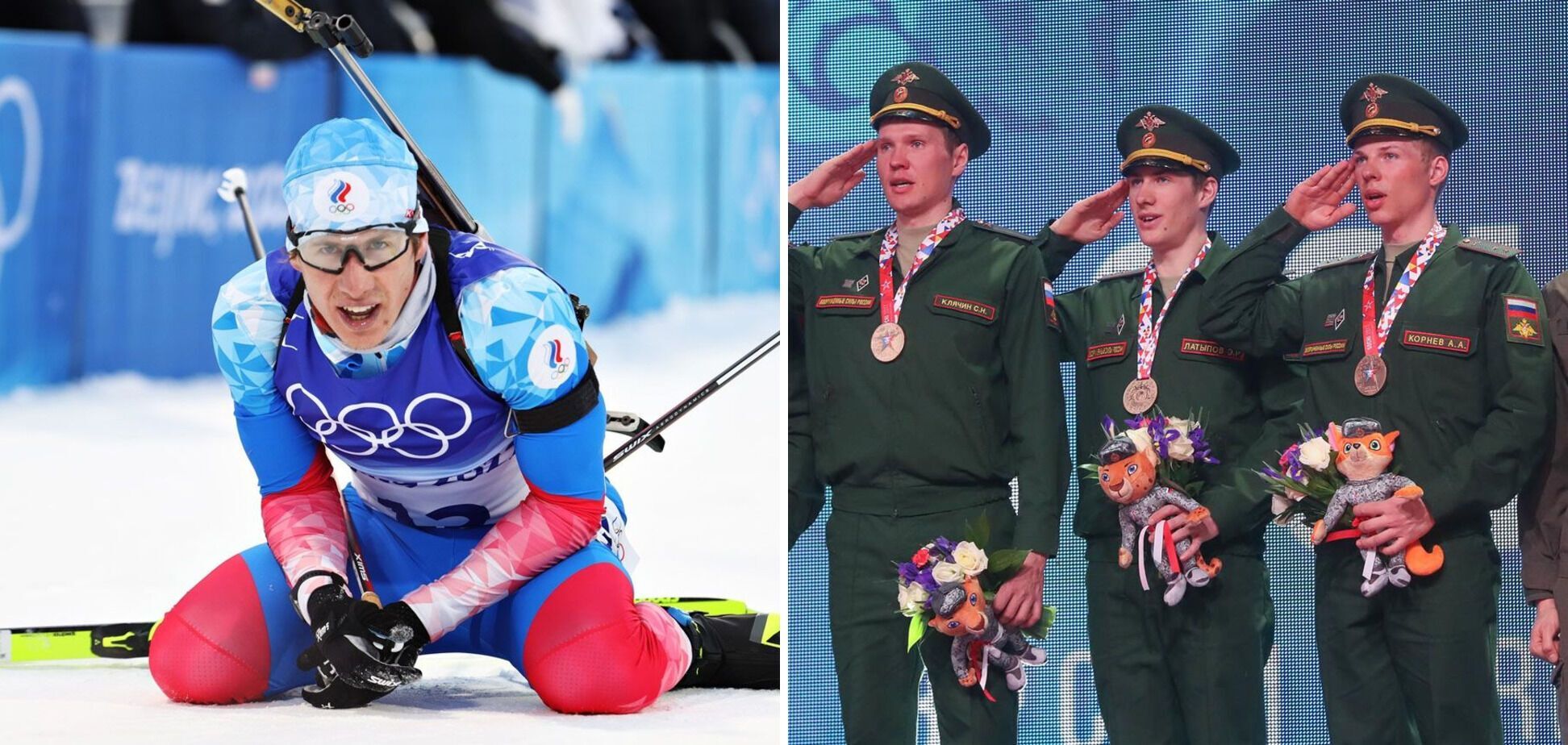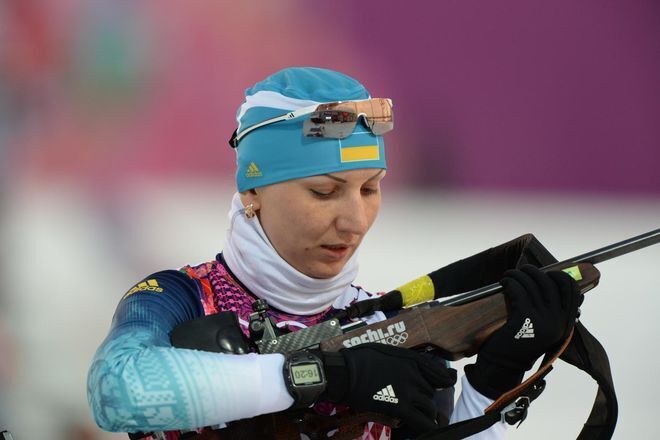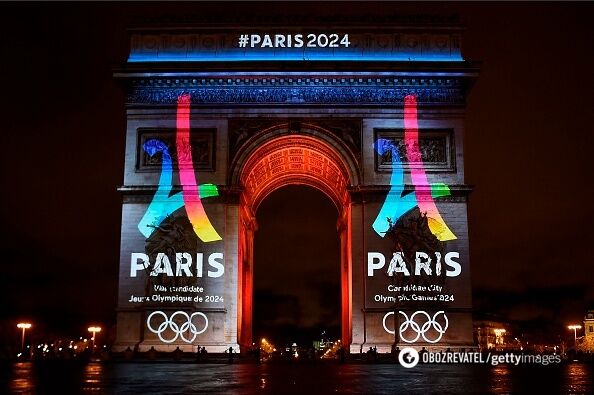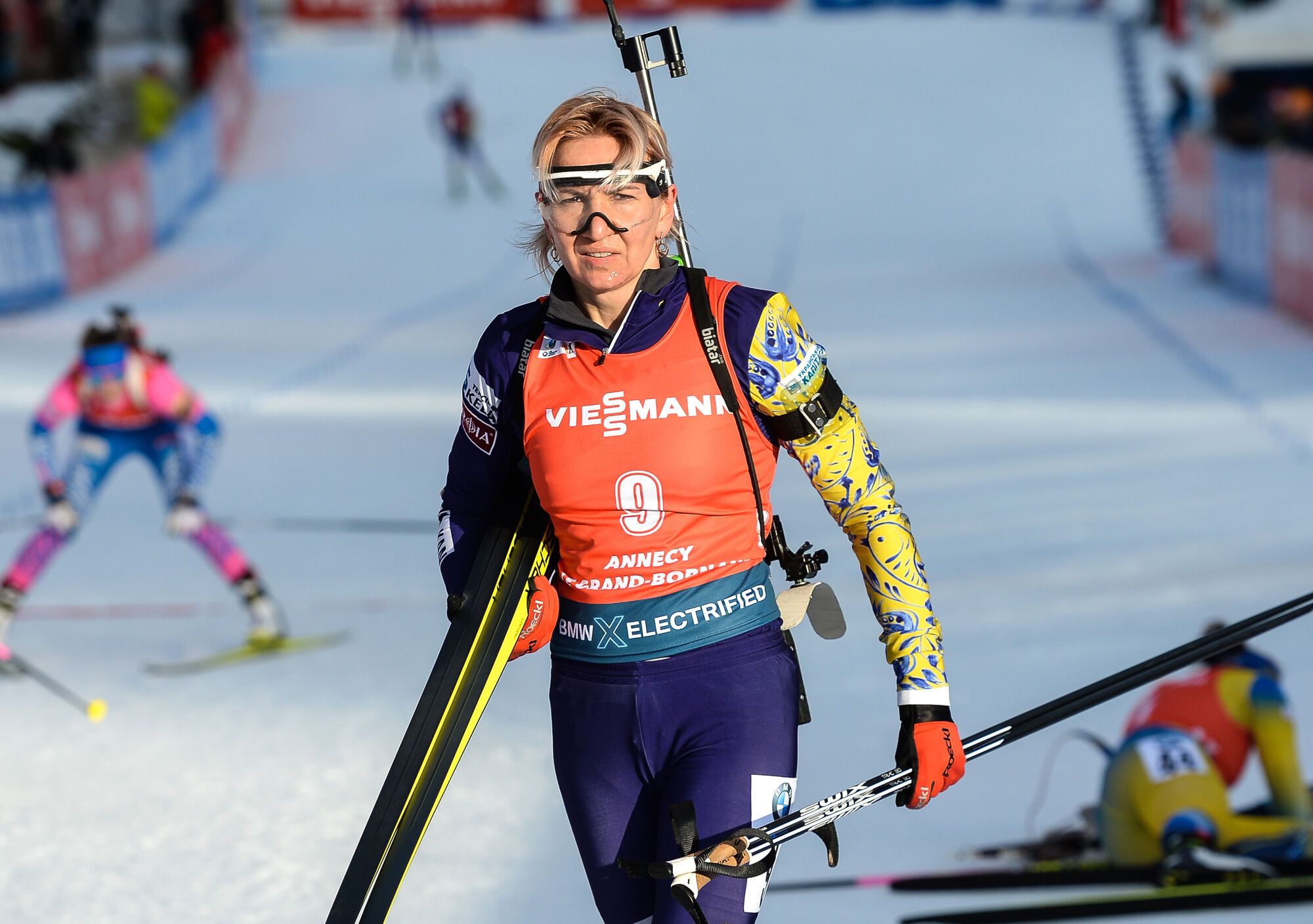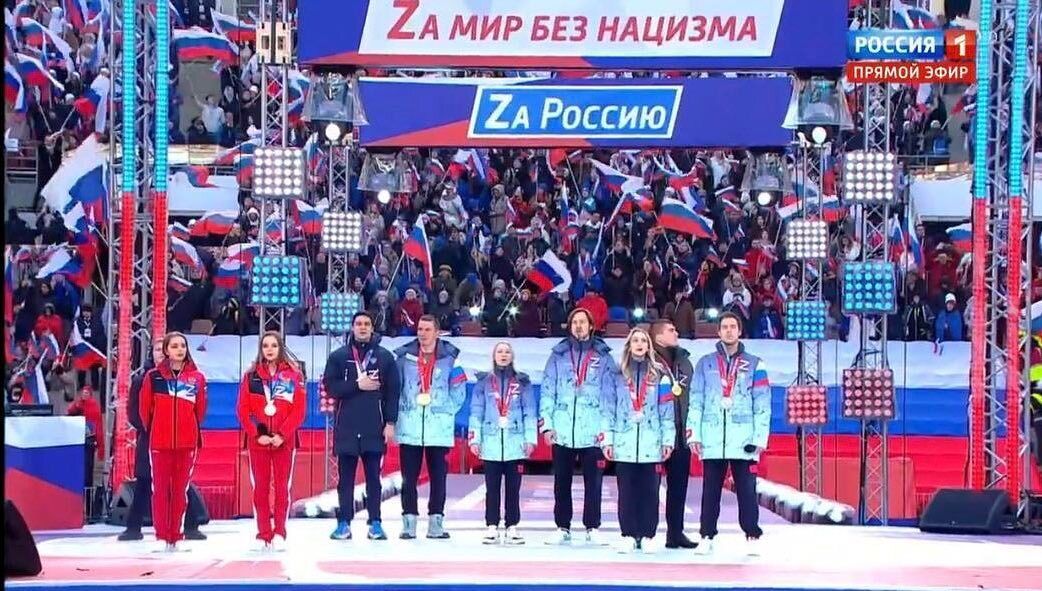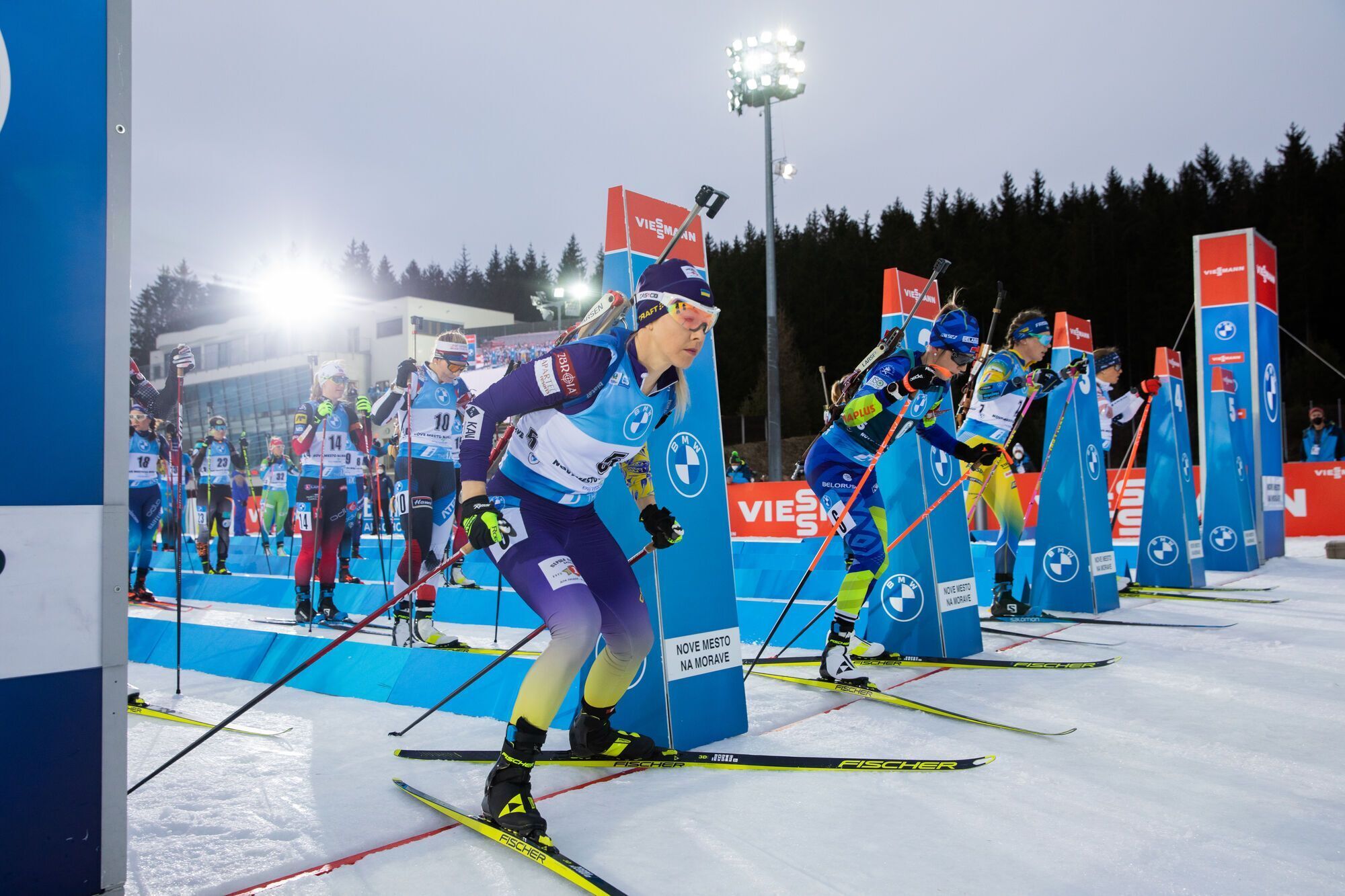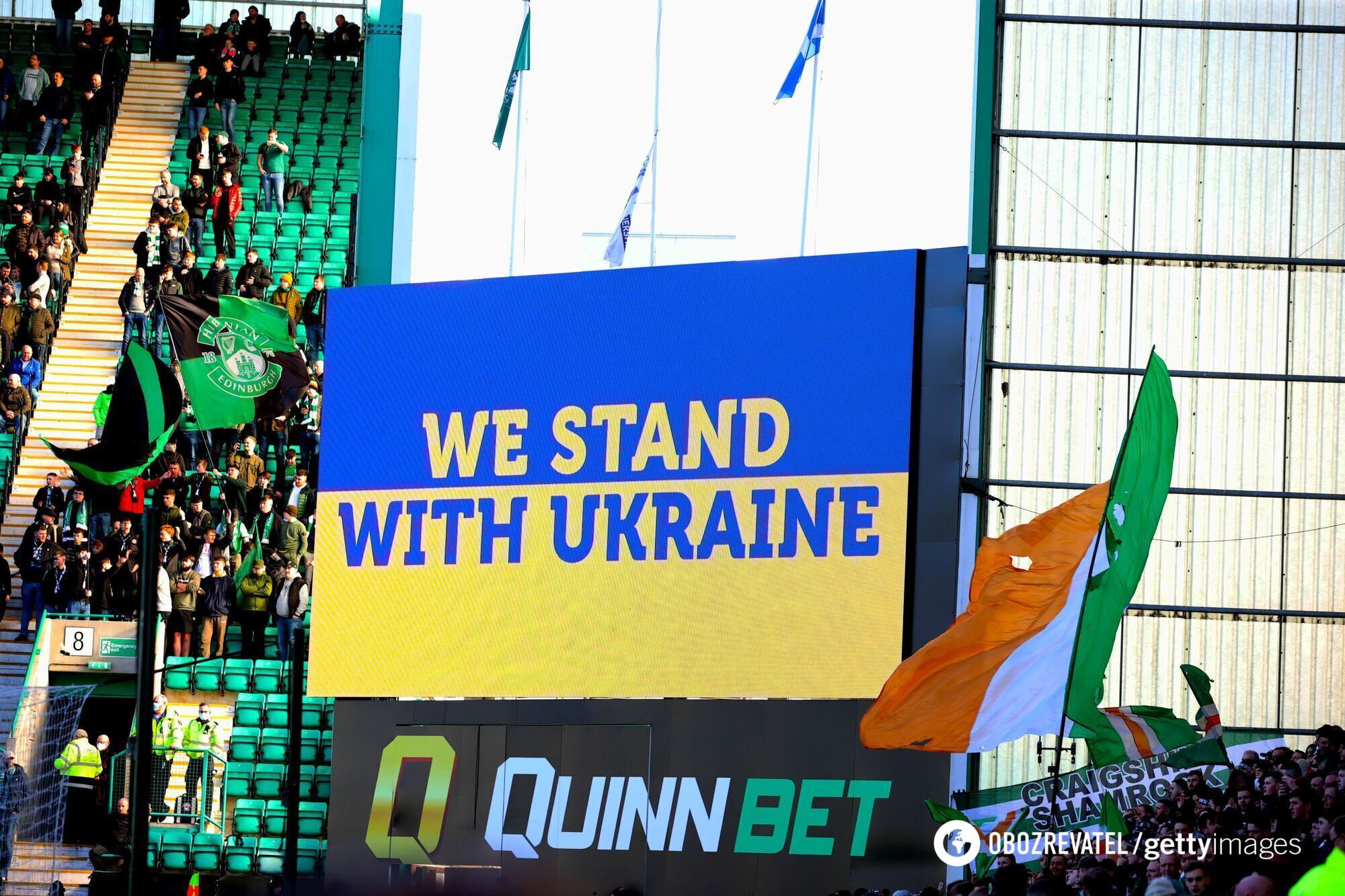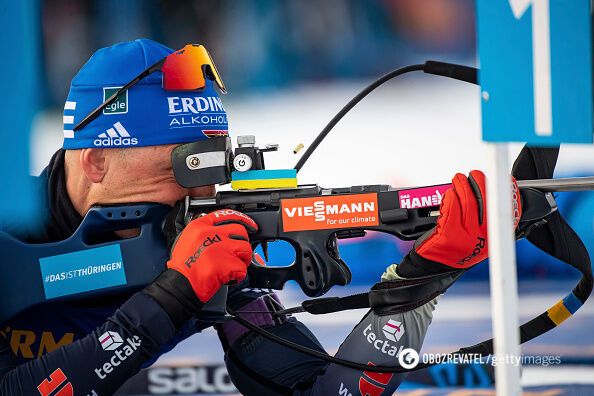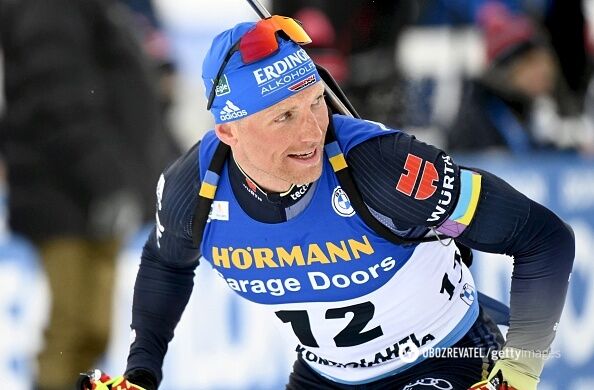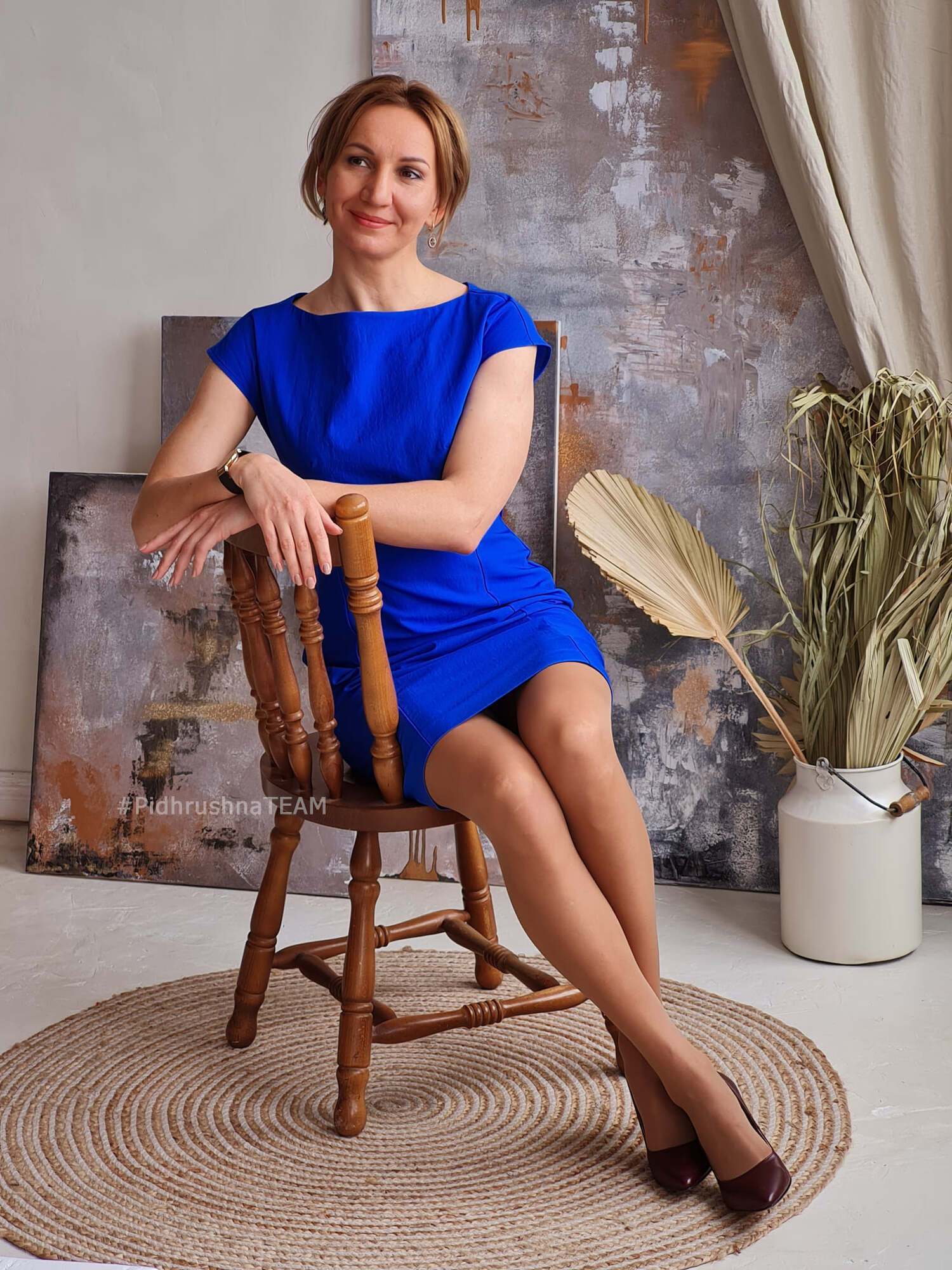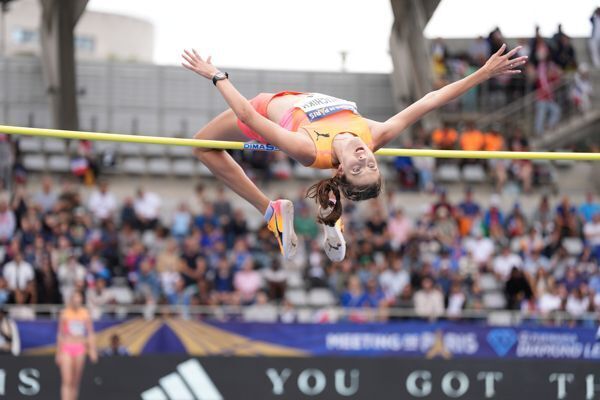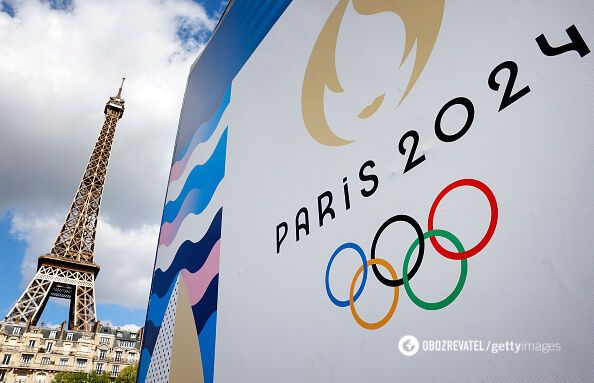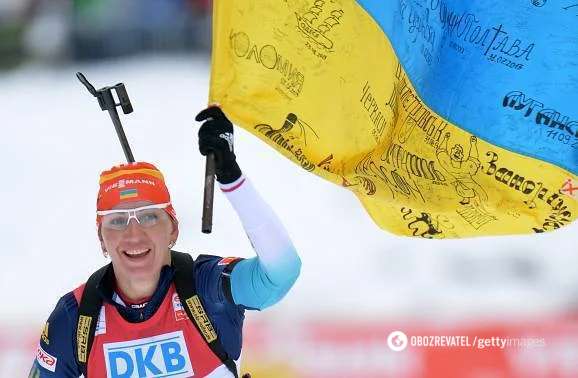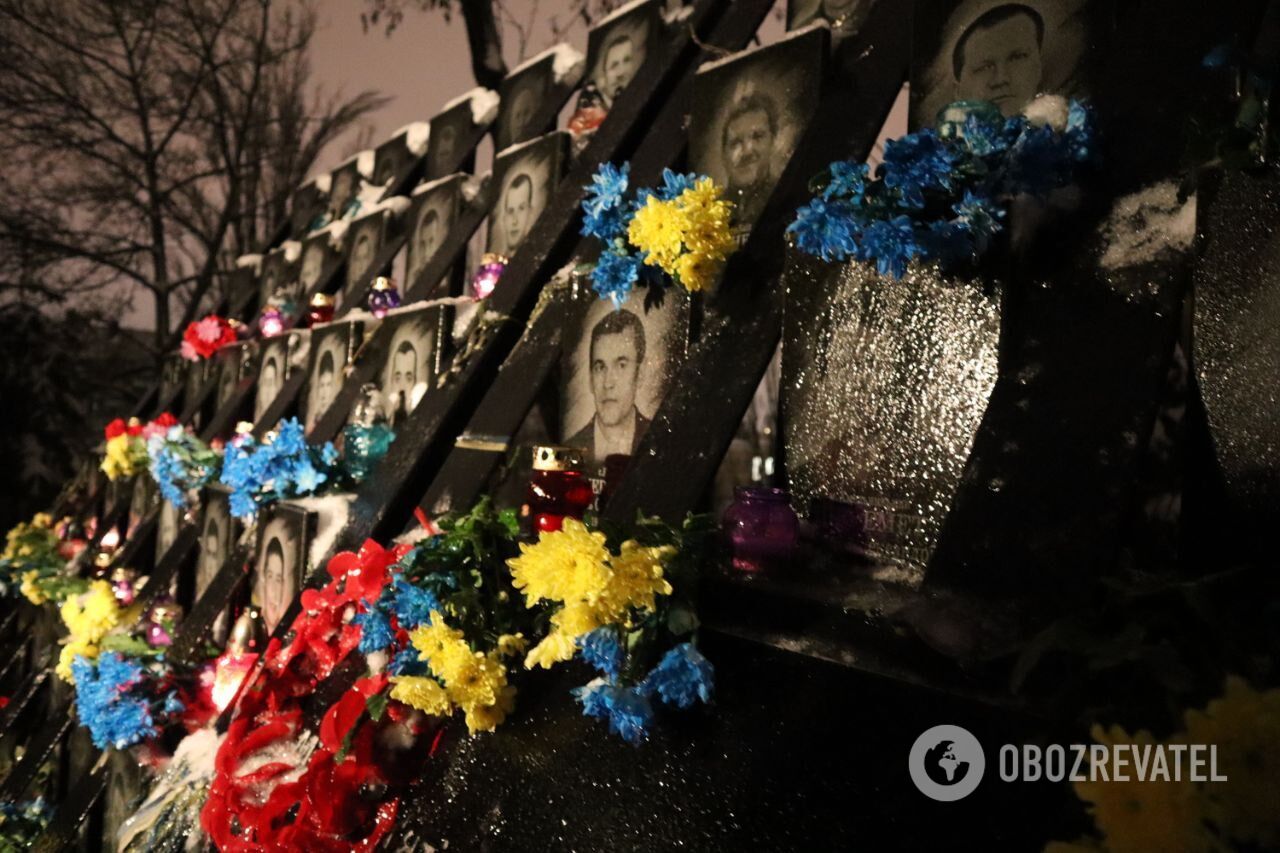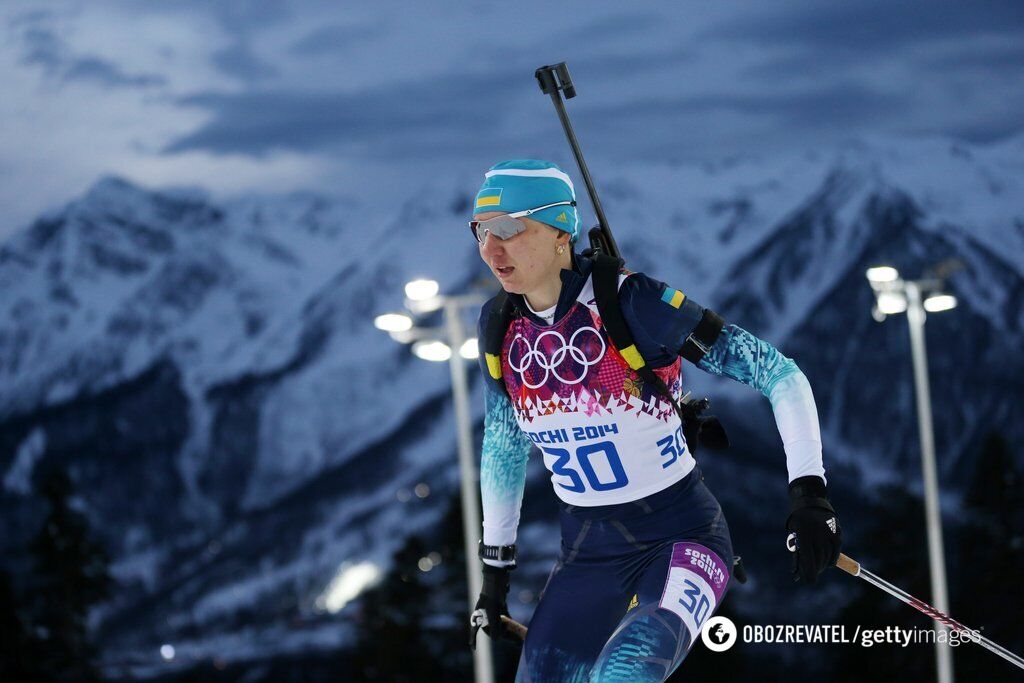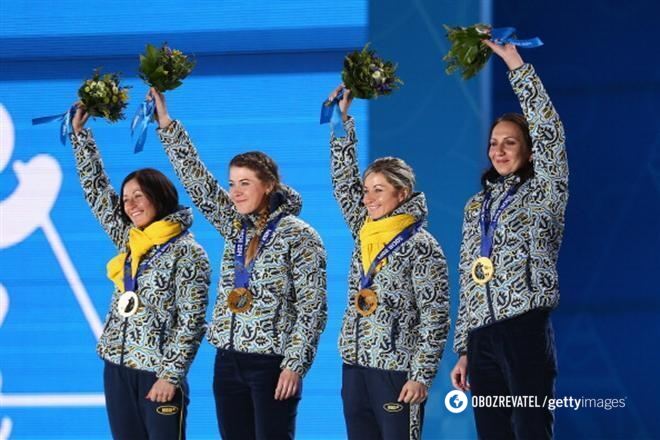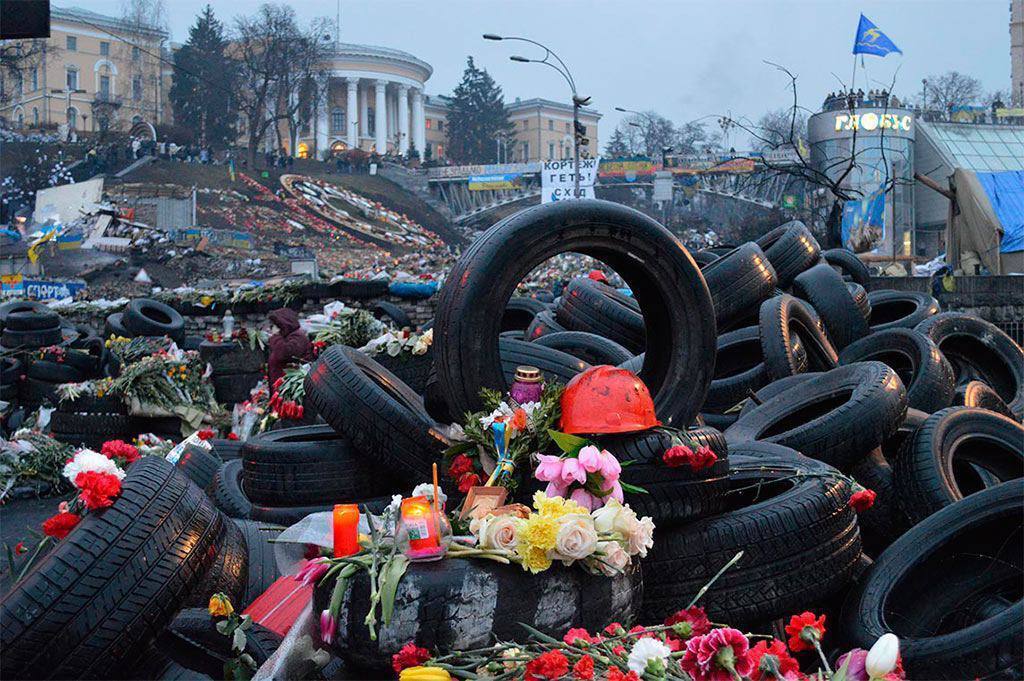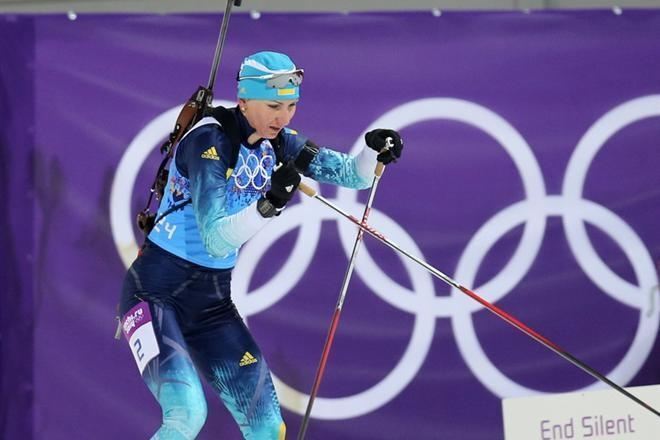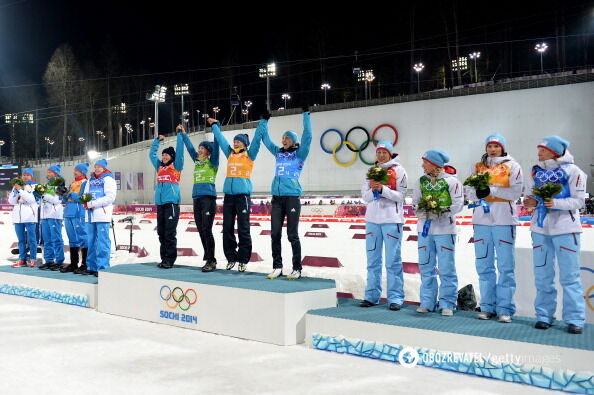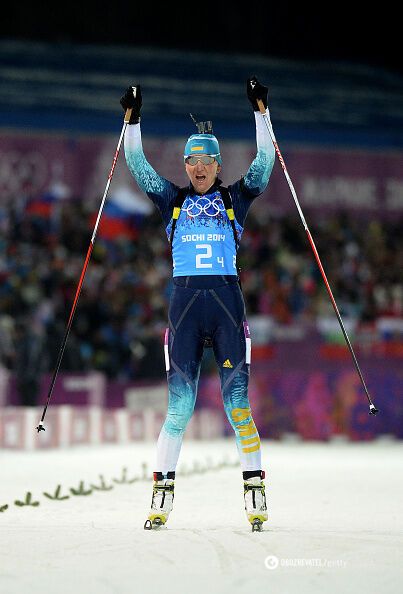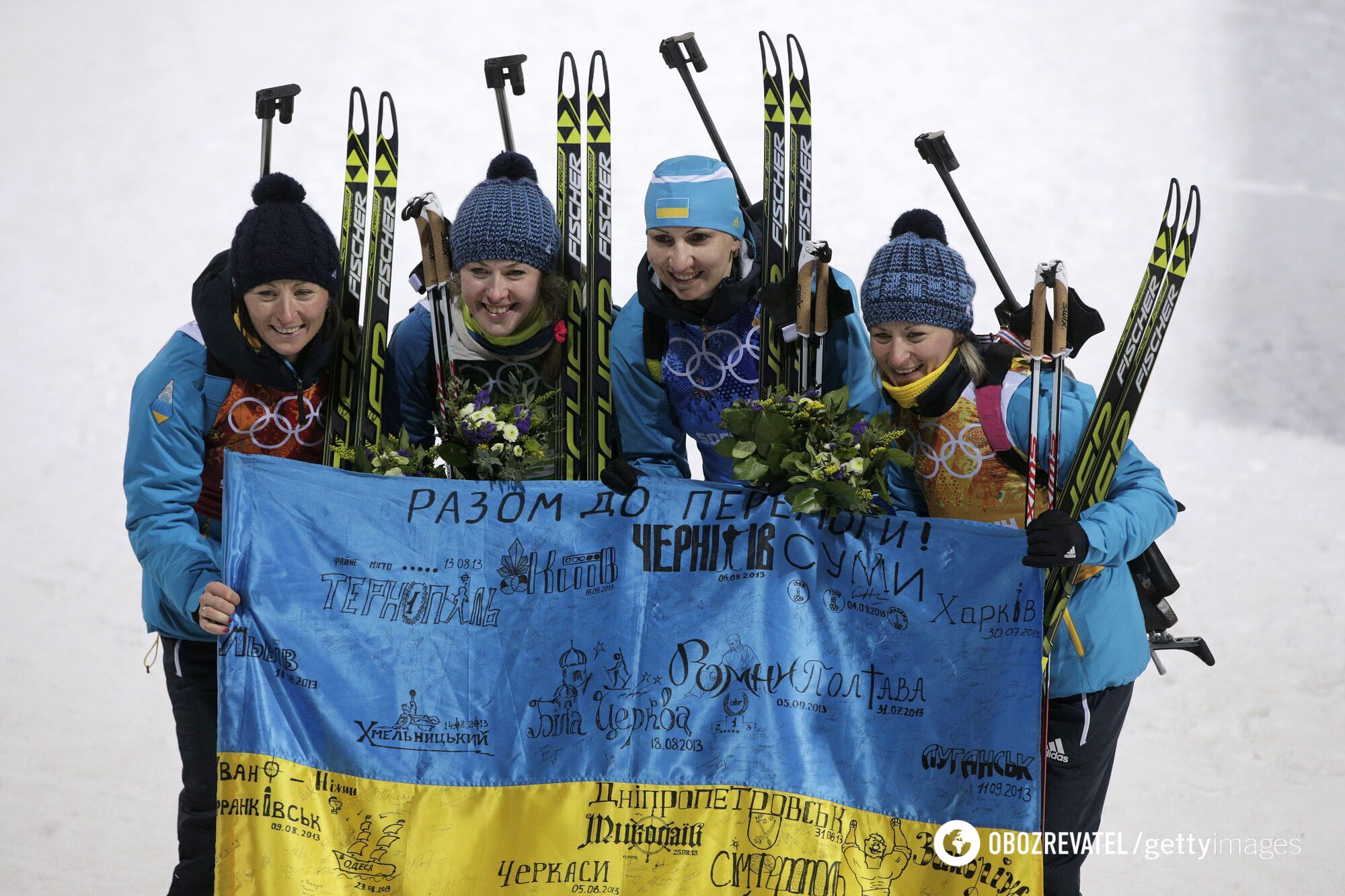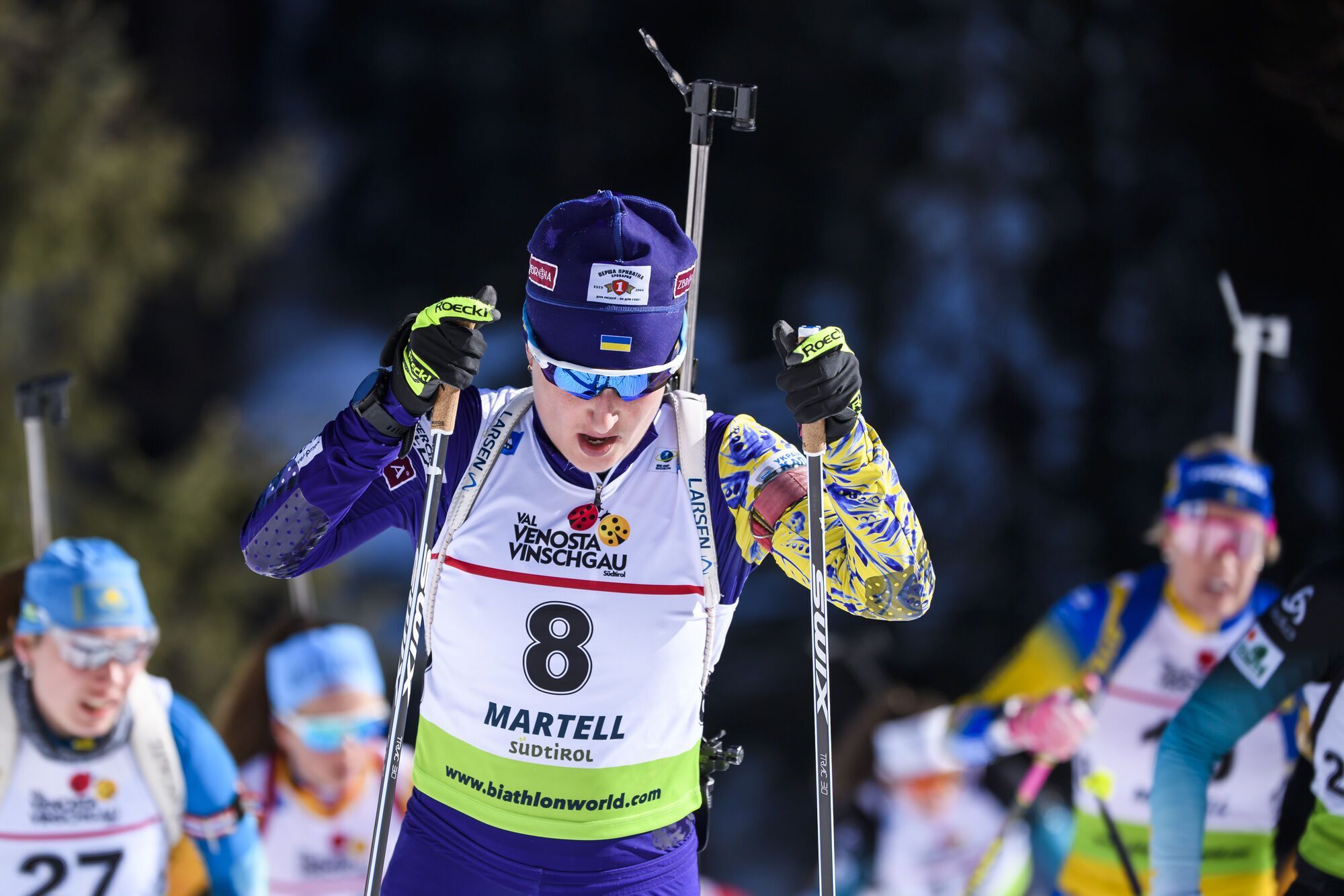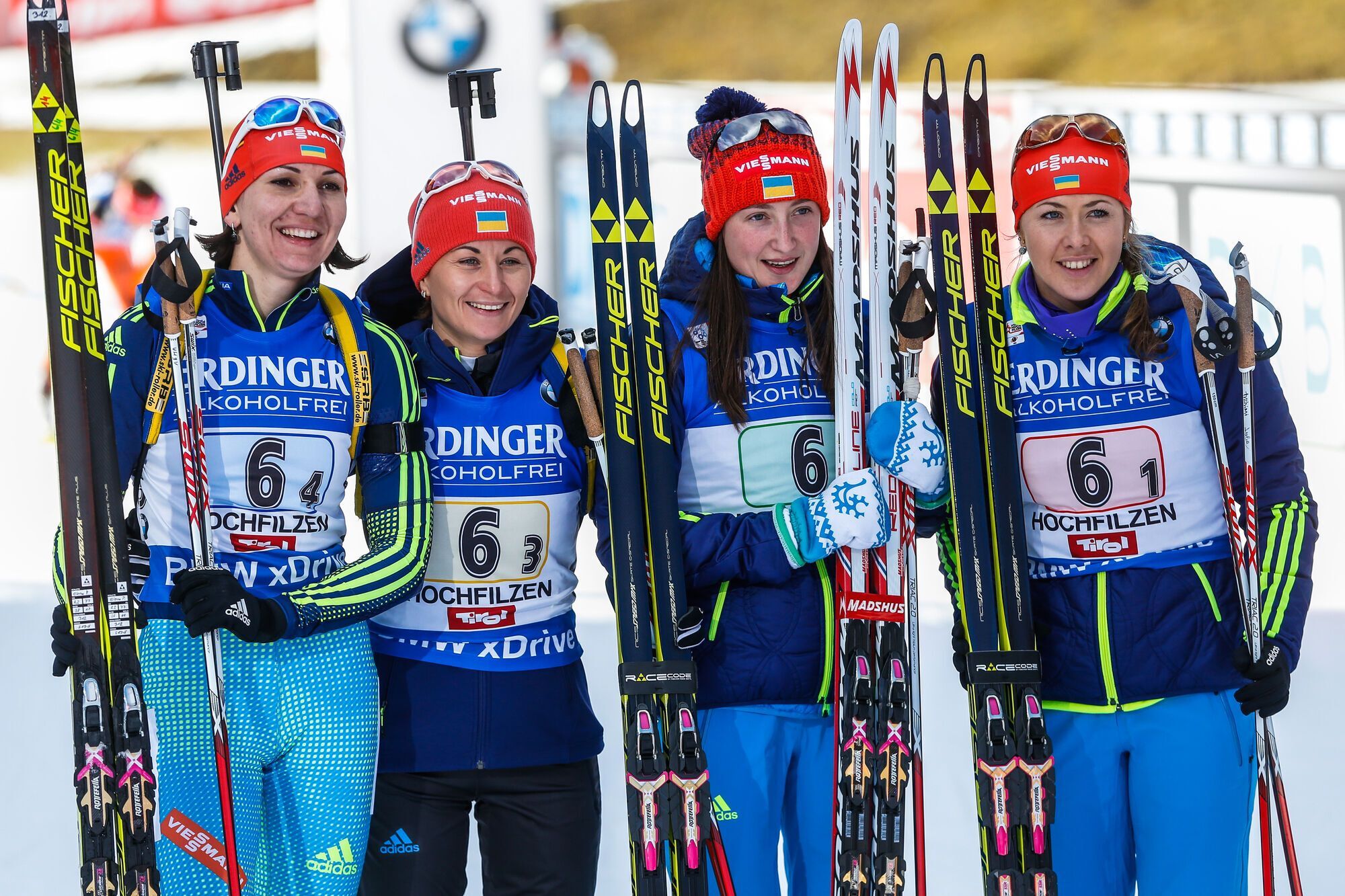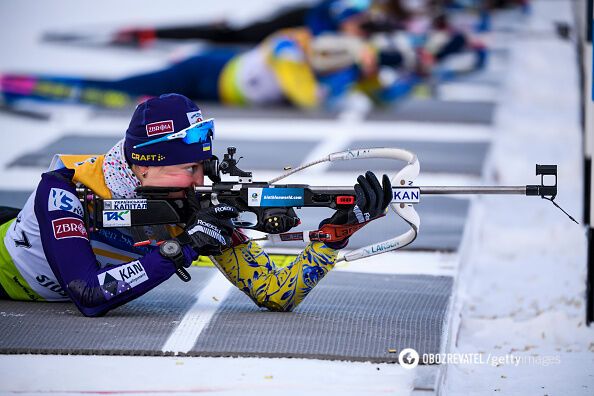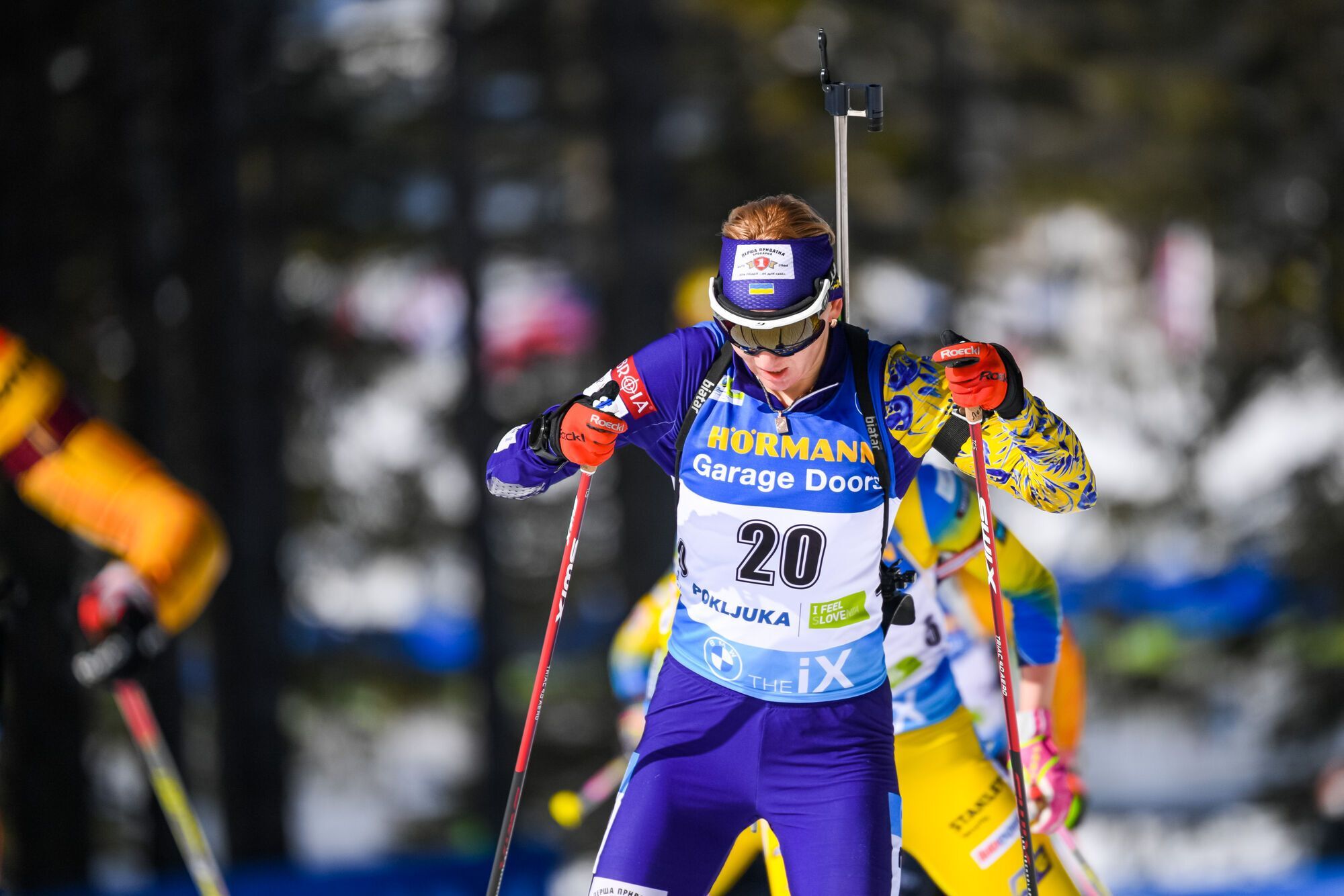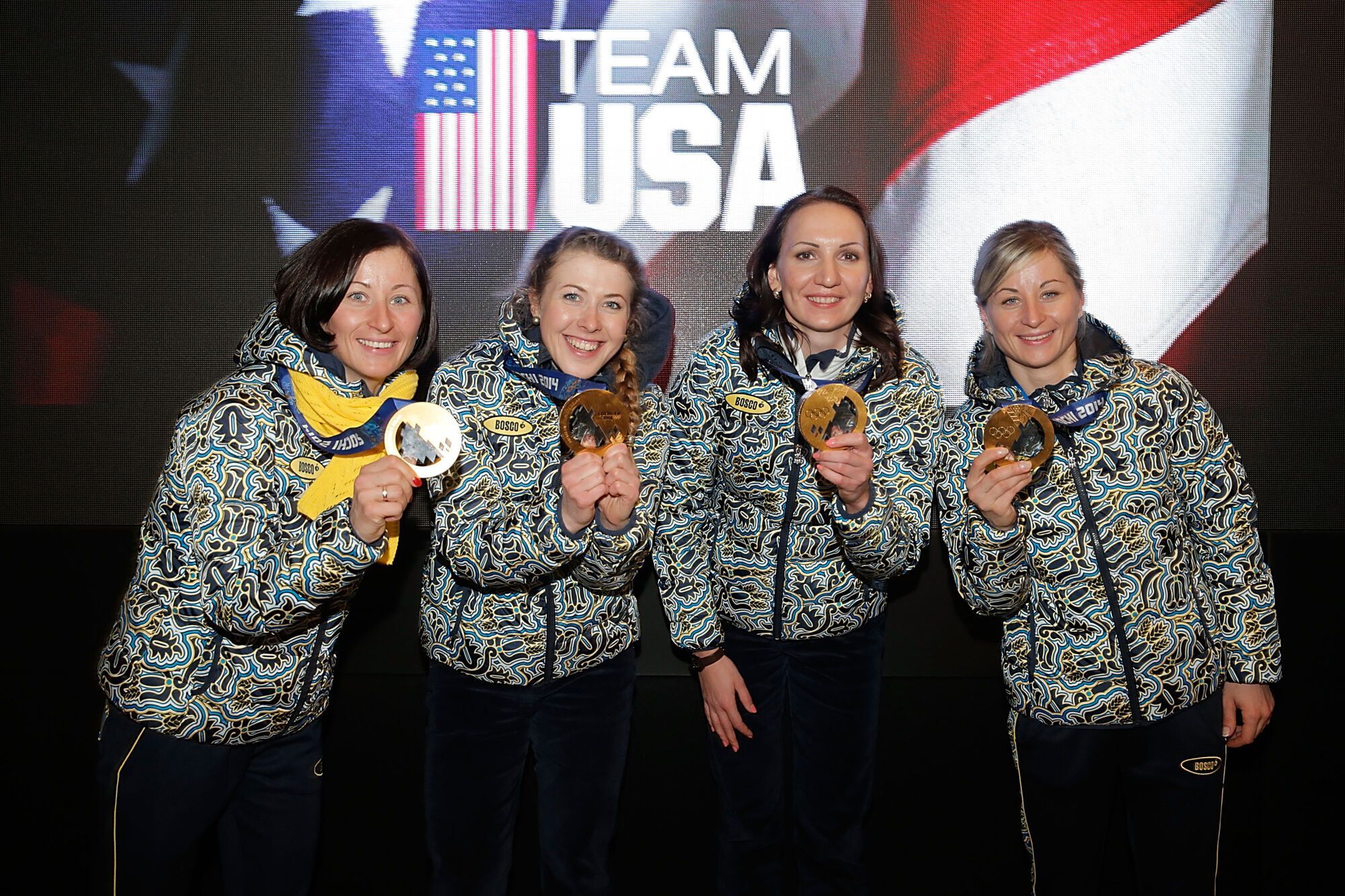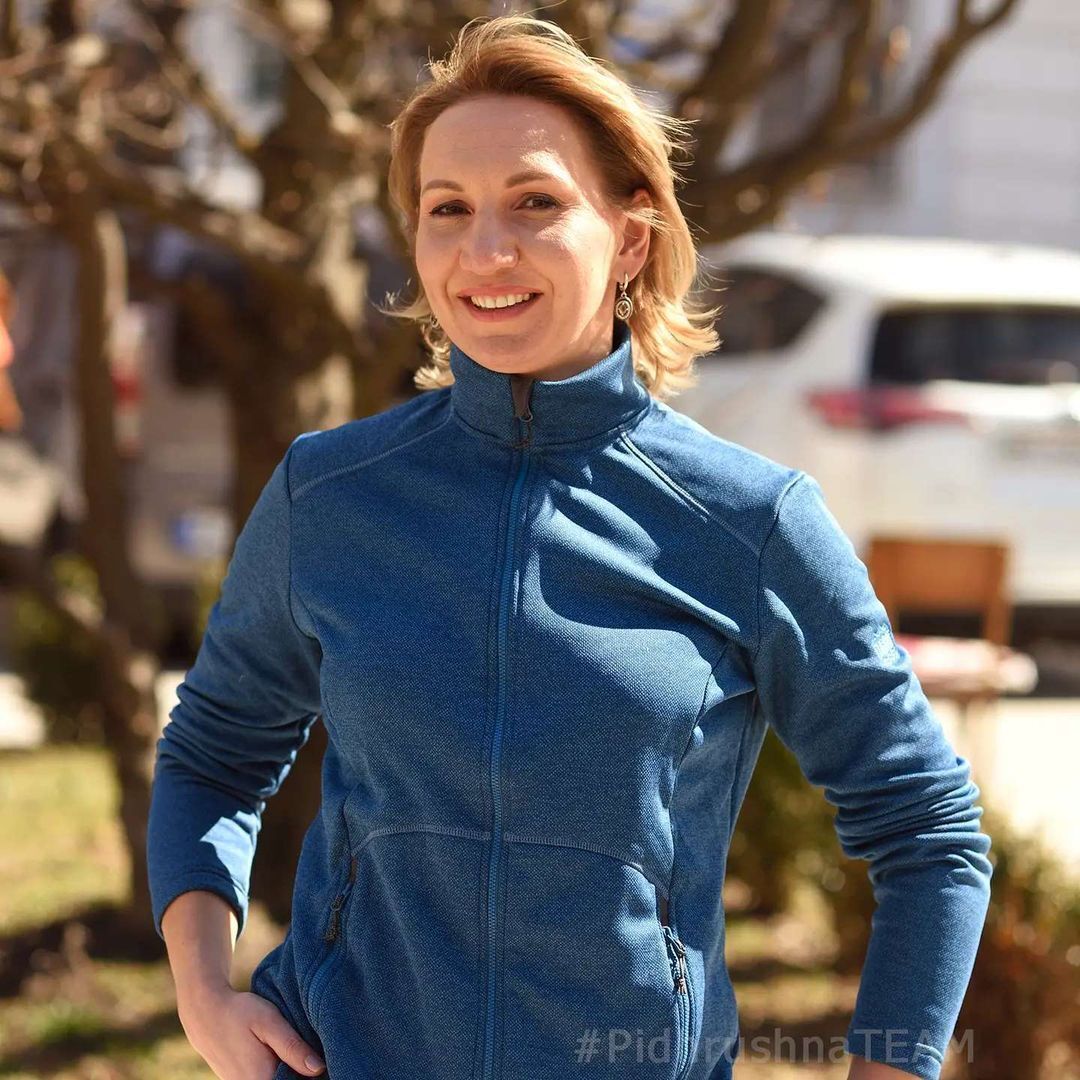News
"So many people died, and you cannot do it?" Ukrainian biathlon legend talks about Russian women in the national team, the fight at the Olympics and provocations in Paris
Olympic and world biathlon champion Olena Bilosiuk (Pidgrushna - Ed.) has no idea how Ukrainian athletes should compete with representatives of aggressor countries at the 2024 Games in Paris and at international competitions in general. The titled athlete is not sure that the IOC is ready for possible clashes and provocations. And due to an injury, the biathlete herself will be able to watch the competitions in France as a spectator for the first time in many years.
In a conversation with OBOZ.UA, Olena spoke about the attitude to Russian athletes and the refusal of the majority of them to participate in the 2024 Olympics, the struggle of the "Belarusians", adequate biathletes from Russia, and returning to the snow.
- Personally, I am categorically against the admission of Russians, whether under a neutral flag or any other, to the Olympic Games. Because this is an aggressor country and they have no business attending peaceful events. They have violated all the rules of the Olympic Charter by starting a war during the Olympics, including the Paralympics. And these are direct violations of all norms, laws and international agreements. So what kind of admission of Russians can we talk about today?
Massive attacks, massive shelling, and when I think of Monday, July 8, it gives me the creeps. Accordingly, no f*cking rocks! And probably, in some ways, they are good for the fact that most of them simply refused to compete in Paris. And God forbid that a single Russian soul should attend these Olympics. They don't deserve it.
- And how do you even cross paths with Russians at competitions? Because in some sports they are still allowed, for example, in wrestling, judo, or fencing.
- I can't imagine it, but when we talked to my biathlon team about this topic, there were actually people who said: we have weapons, we have ammunition, we can just turn around and shoot the other way. Okay, I'll go to jail, but at least I'll help us win with a couple of f*ckers. Well, it's like that somewhere. And I think it's the same in other sports.
Honestly, I sincerely sympathize with our Ukrainians who have to cross paths with them, just sit next to them somewhere. Because, no matter how you slice it, it will still be an Olympic village, with common dining rooms, common halls, common training grounds, locker rooms, showers during competitions or training. And they will not go anywhere. Because they will be representatives, managers, coaches, etc.
At any moment there can be a breakdown, there can be some scandal, some provocation, a fight, even a massacre. In general, anything can happen.
How did the International Olympic Committee sign up for this? How it will be able to ensure order and security, first of all, for our athletes, and secondly for the aggressor country, well, we'll see. It will be clear only during the Olympic Games. And only after the fact will the athletes be able to tell us what it was like for them. I can only imagine it, and I definitely do not envy them in this situation.
- What is our attitude towards Belarus and the admission of their athletes? Because there are biathletes from Belarus in our national team, and in fact, since the first weeks of the full-scale invasion, the Belarusian regiment named after Kastus Kalinowski has been fighting for us, and on the other hand, Belarus is one of the few open allies of the Russian Federation. Some people are split on this issue.
- It's also hard for me to judge here, because the biathletes we had - I don't want to say anything bad about these people, because some are better, some are worse, but some took a completely neutral position, some were for "batka" and even signed letters in his support, and some were against Lukashenko.
And there is a story about a girl who did not sign a letter in support of Lukashenko, and she was almost deported home that very day because she had already become an enemy of the people. But that day she won a competition, I don't remember if it was the World Cup or the World Cup, and this medal alone saved her life and the lives of her relatives.
So, there are still athletes in Belarus who seem to protest, but they are immediately strangled and cut off from oxygen. Where do they go then? Athletes have a short sporting life, so they compete alongside Muscovites and seem to be trying to survive. Some finish, some continue, but it's neither fish nor flesh. Either you show your point of view and fight, or you don't compete anymore, finish and live as you live, together with your partner, with the aggressor country.
- I think that biathlon is lucky that after the full-scale invasion, the leaders of this sport, in particular the Norwegians and Swedes, rebelled against the participation of Russians in the competition. Needless to say, there was no need to talk about support from the Baltic states.
- Somehow it happened literally from the first days of the war. Estonia was the first to act. On February 24, a full-scale invasion began in Ukraine, and the next stage of the World Cup was to be held in Estonia. So they immediately said that no, we don't allow Russians, and if you don't like something, we're canceling this stage. It was so eloquently done.
Then the following countries followed Estonia's example, and the International Biathlon Federation reacted so quickly that I was just proud to be in this federation. It was very pleasant. And the support of world leaders, and these races with blue and yellow flags instead of their national flag... The Norwegians wearing a blue and yellow flag is nonsense.
I think few sports can boast of this. For us, it was wow. And when you're sitting there crying over the phone, over the news, and then you watch the races with blue and yellow flags. It just seemed like the World Cup was taking place only in Ukraine, with only blue and yellow flags all around. Now we recall it with a smile, but only with a pain in our hearts.
And now there is no talk of the two federations from the aggressor countries returning to the international level.
- Yeah, and meanwhile the Russians are just shouting that world biathlon has lost competition.
- They lost the main dopers.
- What sports do you plan to follow at the upcoming Summer Olympics? Are there any that you prefer?
- I will say that this is the first time in the last 24 years that I have some time to follow someone else. I'm currently undergoing rehabilitation, trying to train somewhere, because my injuries still won't go away. And it's hard to follow someone in particular.
But I would like to take this opportunity to congratulate Yaroslava Maguchikh on her world record in the long jump. We've been waiting for this for a long time, and every time she jumped, we thought: "Well, well, well... Okay, next time, then". And it's great that she did it before the Olympic Games. Perhaps some additional pressure will be removed from her. Again, let her enjoy Paris and her stay there as much as possible.
In general, I would like to see Ukrainians in any sport, and I would like to wish them only the best. Not to say "bring all the medals," because not every athlete can do that, but I would like to wish every athlete to believe in themselves. Because, as a rule, an athlete can do more than he or she thinks and expects. Because every medal is always more than they originally thought.
- By the way, this year was the 10th anniversary of your Sochi 2014 Olympic gold medal in the relay race. Did you remember it or not?
- To be honest, no. We only remembered it because of the huge number of fans who congratulated us as if it was my birthday. And, of course, we all wrote to each other, congratulated each other and the coach. And it's only now, probably 10 years later, that you realize that this is history, that it will stay with us forever.
And in 20 or 30 years, it will be like we are looking at Valentyna Tserbe now. And her bronze medal from the 1994 Olympics is already 30 years old. These are just some incredible numbers. And you realize how fleeting life is, and even more so a sports career. It's over in a flash.
- The Sochi Olympics must have been such a difficult moment for you and the whole country. Especially when you had to run the relay...
- Yes, the shootings on the Maidan. I remember that the relay was the day after the shootings. It is well etched in my memory.
- I remembered that you and the girls talked about some kind of aggression from the Russians and offensive shouts during and after the relay race.
- I can only speak for myself. But there was a group of people standing there - I don't know if they had been drinking too much, or if they hadn't finished their drinks, or if they were just provocateurs, but every lap I ran past them, they were shouting something, something different. And then one of the fans told me that he witnessed it because he was standing right next to them. And the whole story ended up in a fight, because he was already fighting for us in the stands and showing them where the crayfish hibernate.
And when we won and were passing by the media area, some Russians also came down to the stands closer to us and said some not-so-friendly things. They were trying to provoke us, saying that you can't come here, take pictures, or something else. And it was not friendly, but with some kind of negative attitude. And then the security guards stood up for us, took away those provocateurs, and we went on to talk to journalists.
- Did you have a feeling then that something was happening or coming?
- Not yet, because at that time only skiers and biathletes lived in our Olympic Village. It was very small, and so we communicated only with each other. There was no politics as such, no outside information, and limited Internet access. And whenever you had the opportunity, you looked on the Internet first of all for what interested you. And then we had the Maidan and everything else, and we followed it more closely.
In addition, at the Olympic Games you disconnect from the outside world as much as possible, focus on yourself, on your result, on the distance, on the track, and on what you have to do. That's why you came here.
It was only when we had already left Sochi and returned home that I turned on the TV, and a very specific video about the Maidan came on - how it was born, what happened, how everything happened. I was just sitting there with my eyes open and my mouth open, thinking, "Oh, my God, how did we survive all this?
And it's good that I didn't know all this before the Olympics, before the performance. I mean, I still somehow limited myself to this information, because I knew that it was important to do what you had been preparing for for four years. After all, you can't influence the Maidan now. And it turned out that this medal had the most positive impact. That is, it was the best thing we could do. And thank God it worked out that way.
To this day, we remember it, and it gives us chills. It was hard, really hard. We talked to the girls, we all followed the Maidan, we all cried. Only when we sit down at the table, having lunch or breakfast, someone will remember something. And only the coach helped us to gather ourselves: yes, we forgot everything, we switched off, don't read, don't watch. He constantly scolded us not to go into it. And whether we wanted to or not, we all watched it anyway.
And you knew the whole Heavenly Hundred, every name, who, what, what kind, you just sit and cry over them. And even when I was running the final lap in Sochi, when I had to fight, I thought: how can it be, so many people died, they are fighting for the state there. Can't you do it? Did they die in vain? Go on, run! And I was pushing myself like that. I remembered all these people, boys and girls. Well, thank God it happened and we won.
- I know that at one time, representatives of our national team communicated with the Russian team, and biathletes from Russia joined us. Do you keep in touch with anyone, is there anyone sane left there?
- First of all, we still have Nadiia Belkina, because she is already in the Armed Forces of Ukraine and has not left for any place during this time and continues to perform for Ukraine. Olya Abramova is the same way, she may not have been able to say Putin directly, and so on, but she wrote to us, expressed her point of view, and supported us.
But, of course, she was offended, because as soon as the full-scale war began, there was just direct aggression against Russian girls. She said: "I fought for Ukraine for 10 years, finished with the Ukrainian flag. Why was I thrown out like some ugly duckling?" They just threw her out, kicked her out, crossed her off the lists, off the team. Of course, she was unhappy about it, and she was also offended.
Where was she supposed to go? She has a child in Moscow, she is from there. Ukraine did not give her a house or an apartment, so she could not fully move to our country. So there are many such ambiguous issues, and we are not all as saintly as we would like to be.
That's why there are those who are adequate, those who support, those who write. And then there are those who are so far gone that they apply for refugee status, saying, "I'm a poor, unfortunate person who fled Ukraine. But she is also trying to survive there. But everything will fall into place sooner or later.
- Will we see you again on the track?
- I don't know. My situation with my knees is very sad, deplorable. I don't know if I will be able to cope with them. In January, I had an operation. I tried to come back, but everything was in this mode: I get treatment, we do therapy, I train, then again - therapy, treatment. And when I stood up in the snow, swelling began, and the situation worsened. I realize that this treatment does not help.
The last option was to have an arthroscopy. Perhaps it would have been fixed once, but it didn't happen. I am still undergoing rehabilitation. And it's not training, but rather exercises.
- Well, we all know that professional sports are not about health.
- We're not immortal, we're not eternal, and great athletes break down too.
Only verified information is available on our Telegram channel OBOZ.UA and Viber. Do not fall for fakes!







